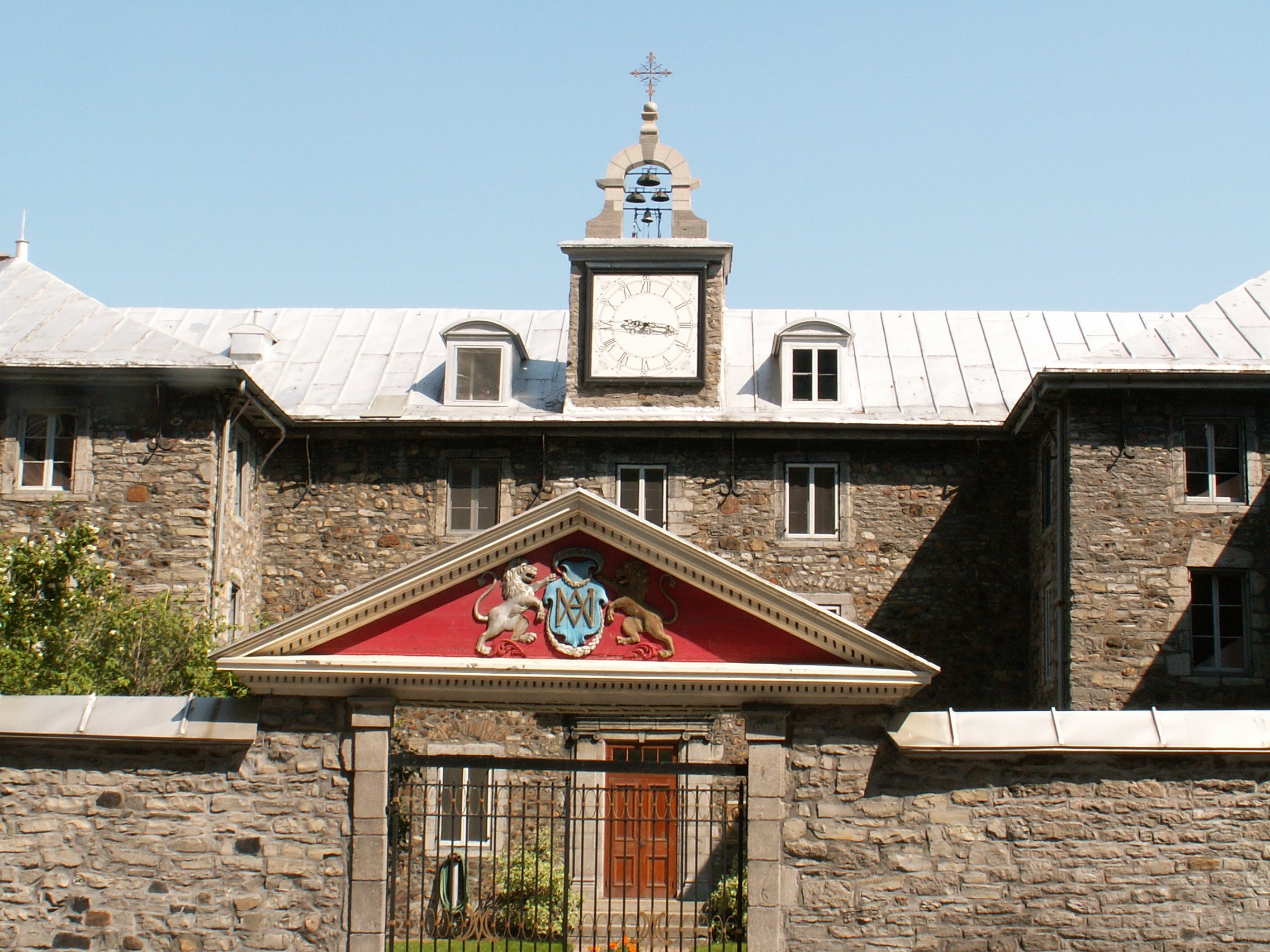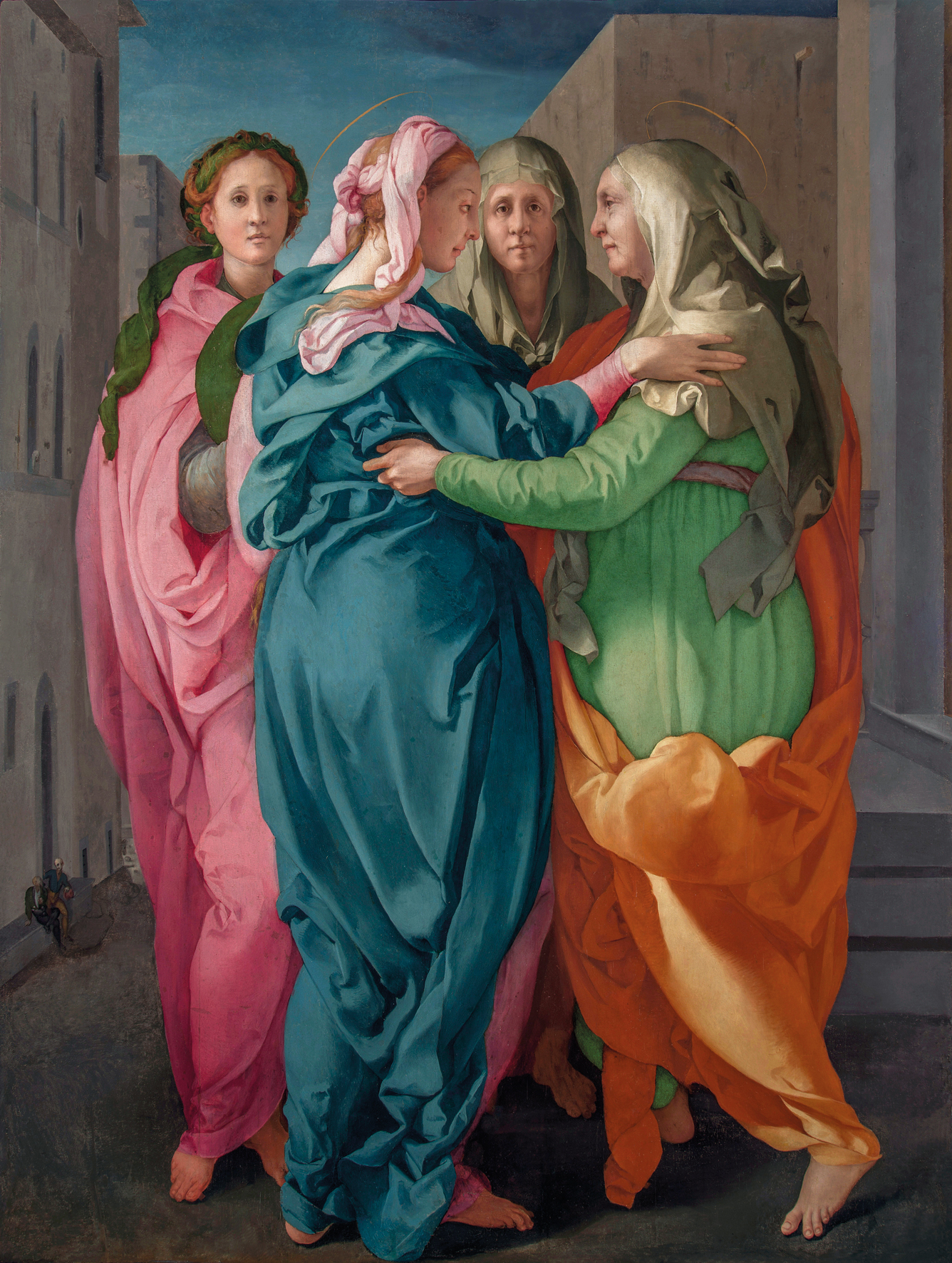|
François Picquet
François Picquet (; 4 December 1708 – 15 July 1781) was a French Sulpician priest who emigrated to Montreal, Canada, in 1734. Early life Picquet was born in Bourg-en-Bresse, France, on 4 December 1708, the son of André Picquet and Marie-Philippe Berthet. In 1728 he entered the seminary of Lyons, where he was ordained deacon in 1731. At the Saint-Sulpice Seminary (Issy-les-Moulineaux) in Paris, after winning his doctorate at the Sorbonne, he was ordained to the priesthood in 1734, and became a Sulpician.Fournet, Pierre Auguste. "François Picquet." The Catholic Encyclopedia Vol. 12. New York: Robert Appleton Company, 1911. 15 January 2018 Canada Picquet arrived in Montreal in 1734. He served the local parish for five years while studying Indian languages and cu ...[...More Info...] [...Related Items...] OR: [Wikipedia] [Google] [Baidu] |
Sulpician
The Society of Priests of Saint-Sulpice (; PSS), also known as the Sulpicians, is a society of apostolic life of Pontifical Right for men, named after the Church of Saint-Sulpice, Paris, where it was founded. The members of the Society add the nominal letters PSS after their names to indicate membership in the Congregation. Typically, priests become members of the Society of the Priests of St. Sulpice only after ordination and some years of pastoral work. The purpose of the society is mainly the education of priests and to some extent parish work. As their main role is the education of those preparing to become priests, Sulpicians place great emphasis on the academic and spiritual formation of their own members, who commit themselves to undergoing lifelong development in these areas. The Society is divided into three provinces, operating in various countries: the Province of France, Canada, and the United States. In France The Society of Priests of Saint Sulpice was founded in ... [...More Info...] [...Related Items...] OR: [Wikipedia] [Google] [Baidu] |
Seven Years' War
The Seven Years' War, 1756 to 1763, was a Great Power conflict fought primarily in Europe, with significant subsidiary campaigns in North America and South Asia. The protagonists were Kingdom of Great Britain, Great Britain and Kingdom of Prussia, Prussia versus Kingdom of France, France and Habsburg monarchy, Austria, the respective coalitions receiving by countries including Portuguese Empire, Portugal, Spanish Empire, Spain, Electorate of Saxony, Saxony, Age of Liberty, Sweden, and Russian Empire, Russia. Related conflicts include the Third Silesian War, French and Indian War, Carnatic wars, Third Carnatic War, Anglo-Spanish War (1762–1763), Anglo-Spanish War (1762–1763), and Spanish–Portuguese War (1762–1763), Spanish–Portuguese War. Although the War of the Austrian Succession ended with the Treaty of Aix-la-Chapelle (1748), none of the signatories were happy with the terms, and it was generally viewed as a temporary armistice. It led to a strategic realignment kn ... [...More Info...] [...Related Items...] OR: [Wikipedia] [Google] [Baidu] |
Emigrants From France To New France
Emigration is the act of leaving a resident country or place of residence with the intent to settle elsewhere (to permanently leave a country). Conversely, immigration describes the movement of people into one country from another (to permanently move to a country). A migrant ''emigrates'' from their old country, and ''immigrates'' to their new country. Thus, both emigration and immigration describe migration, but from different countries' perspectives. Demographers examine push and pull factors for people to be pushed out of one place and attracted to another. There can be a desire to escape negative circumstances such as shortages of land or jobs, or unfair treatment. People can be pulled to the opportunities available elsewhere. Fleeing from oppressive conditions, being a refugee and seeking asylum to get refugee status in a foreign country, may lead to permanent emigration. Forced displacement refers to groups that are forced to abandon their native country, such as by en ... [...More Info...] [...Related Items...] OR: [Wikipedia] [Google] [Baidu] |
Roman Catholic Missionaries In New France
Roman or Romans most often refers to: *Rome, the capital city of Italy *Ancient Rome, Roman civilization from 8th century BC to 5th century AD *Roman people, the people of Roman civilization *Epistle to the Romans, shortened to Romans, a letter written by Paul, found in the New Testament of the Christian Bible * Ar-Rum (), the 30th sura of the Quran. Roman or Romans may also refer to: Arts and entertainment Music * Romans (band), a Japanese pop group * ''Roman'' (album), by Sound Horizon, 2006 * ''Roman'' (EP), by Teen Top, 2011 *" Roman (My Dear Boy)", a 2004 single by Morning Musume Film and television *Film Roman, an American animation studio * ''Roman'' (film), a 2006 American suspense-horror film * ''Romans'' (2013 film), an Indian Malayalam comedy film * ''Romans'' (2017 film), a British drama film * ''The Romans'' (''Doctor Who''), a serial in British TV series People * Roman (given name), a given name, including a list of people and fictional characters *Roman (surname ... [...More Info...] [...Related Items...] OR: [Wikipedia] [Google] [Baidu] |
1781 Deaths
Events January–March * January – William Pitt the Younger, later Prime Minister of Great Britain, enters Parliament, aged 21. * January 1 – Industrial Revolution: The Iron Bridge opens across the River Severn in England. * January 2 – Virginia passes a law ceding its western land claims, paving the way for Maryland to ratify the Articles of Confederation. * January 5 – American Revolutionary War: Richmond, Virginia is burned by British naval forces, led by Benedict Arnold. * January 6 – Battle of Jersey: British troops prevent the French from occupying Jersey in the Channel Islands. * January 17 – American Revolutionary War – Battle of Cowpens: The American Continental Army, under Daniel Morgan, decisively defeats British forces in South Carolina. * February 2 – The Articles of Confederation are ratified by Maryland, the 13th and final state to do so. * February 3 – Fourth Anglo-Dutch War – Captur ... [...More Info...] [...Related Items...] OR: [Wikipedia] [Google] [Baidu] |
1708 Births
In the Swedish calendar it was a leap year starting on Wednesday, one day ahead of the Julian and ten days behind the Gregorian calendar. Events January–June * January 1 – Charles XII of Sweden invades Russia, by crossing the frozen Vistula River with 40,000 men. * January 7 – Bashkir rebels besiege Yelabuga. * January 12 – Shahu I becomes the fifth Chhatrapati of the Maratha Empire in the Indian subcontinent. * February 26 – HMS ''Falmouth'', a 50-gun fourth-rate ship of the line built at Woolwich Dockyard for the British Royal Navy, is launched. * March 11 – Anne, Queen of Great Britain, withholds Royal Assent from the Scottish Militia Bill, the last time a British monarch vetoes legislation. * March 23 – James Francis Edward Stuart, Jacobite pretender to the throne of Great Britain, unsuccessfully tries to land from a French fleet in the Firth of Forth in Scotland. * April 8 – Easter Sunday: The first performance of Georg ... [...More Info...] [...Related Items...] OR: [Wikipedia] [Google] [Baidu] |
People From Bourg-en-Bresse
The term "the people" refers to the public or common mass of people of a polity. As such it is a concept of human rights law, international law as well as constitutional law, particularly used for claims of popular sovereignty. In contrast, a people is any plurality of persons considered as a whole. Used in politics and law, the term "a people" refers to the collective or community of an ethnic group or nation. Concepts Legal Chapter One, Article One of the Charter of the United Nations states that "peoples" have the right to self-determination. Though the mere status as peoples and the right to self-determination, as for example in the case of Indigenous peoples (''peoples'', as in all groups of indigenous people, not merely all indigenous persons as in ''indigenous people''), does not automatically provide for independent sovereignty and therefore secession. Indeed, judge Ivor Jennings identified the inherent problems in the right of "peoples" to self-determination, as i ... [...More Info...] [...Related Items...] OR: [Wikipedia] [Google] [Baidu] |
Pius VI
Pope Pius VI (; born Count Angelo Onofrio Melchiorre Natale Giovanni Antonio called Giovanni Angelo or Giannangelo Braschi, 25 December 171729 August 1799) was head of the Catholic Church and ruler of the Papal States from 15 February 1775 to his death in August 1799. Pius VI condemned the French Revolution and the suppression of the Catholic Church in France that resulted from it. French troops commanded by Napoleon Bonaparte defeated the Papal army and occupied the Papal States in 1796. In 1798, upon his refusal to renounce his temporal power, Pius was taken prisoner and transported to France. He died eighteen months later in Valence, Drôme, Valence. His reign of more than twenty-four years is the Longest-reigning popes, fifth-longest in papal history. He was also the longest-ruling pope of the Papal States. Biography Early years Giovanni Angelo Braschi was born in Cesena on Christmas, Christmas Day in 1717 as the eldest of eight children to Count Marco Aurelio Tommaso Bras ... [...More Info...] [...Related Items...] OR: [Wikipedia] [Google] [Baidu] |
Visitation (Catholic)
In Christianity, the Visitation, also known as the Visitation of the Blessed Virgin Mary, refers to the visit of Mary, mother of Jesus, Mary, who was pregnant with Jesus, to Elizabeth (biblical figure), Elizabeth, who was pregnant with John the Baptist, in the Gospel of Luke, . The episode is one of the standard scenes shown in cycles of the Life of the Virgin in art, and sometimes in larger cycles of the Life of Christ in art. It is also the name of a Christian feast day commemorating this visit, traditionally celebrated on July 2 in Western Christianity and March 30 in Eastern Christianity. In the revised calendars of some churches in the West, it is now often celebrated on May 31 instead. Biblical narrative The Gospel of Luke gives the only Biblical account of the Visitation: In the story, Mary visited her cousin Elizabeth, the wife of Zechariah_(New_Testament_figure), Zechariah. They are both pregnant, Mary with Jesus and Elizabeth about six months' pregnant with J ... [...More Info...] [...Related Items...] OR: [Wikipedia] [Google] [Baidu] |
Verjon
Verjon (; ) is a commune in the Ain department in eastern France. Geography The Solnan has its source in the commune and forms part of its southwestern border. Population See also *Communes of the Ain department The following is a list of the 391 communes of the Ain department of France. The communes cooperate in the following intercommunalities (as of 2025):Communes of Ain Ain communes articles needing translation from French Wikipedia {{Ain-geo-stub ... [...More Info...] [...Related Items...] OR: [Wikipedia] [Google] [Baidu] |
Fort Lévis
Fort Lévis, a fortification on the St. Lawrence River, was built in 1759 by the French. They had decided that Fort de La Présentation was insufficient to defend their St. Lawrence River colonies against the British. Named for François Gaston de Lévis, Duc de Lévis, the fort was constructed on ''Isle Royale'', downstream from the other fort. The fort surrendered after intense bombardment in August 1760 to the British and was renamed Fort William Augustus. The fort was abandoned in 1766. During the construction of the Saint Lawrence Seaway, the remains of the fort were destroyed and submerged beneath the waters of the river. Background The French began settling the St. Lawrence River and establishing trade routes into the interior of the continent. To secure the areas of French settlement and trade, they began constructing forts along the shores of the waterways of their trade routes, including lakes and rivers. To the south along the St. Lawrence River, Fort de La Présen ... [...More Info...] [...Related Items...] OR: [Wikipedia] [Google] [Baidu] |





